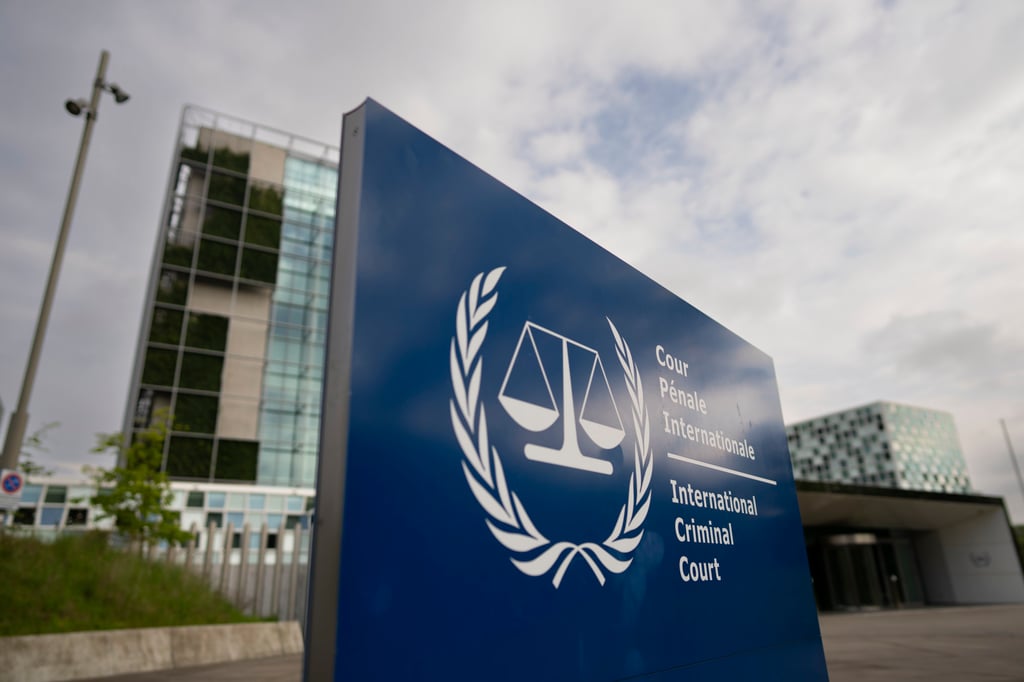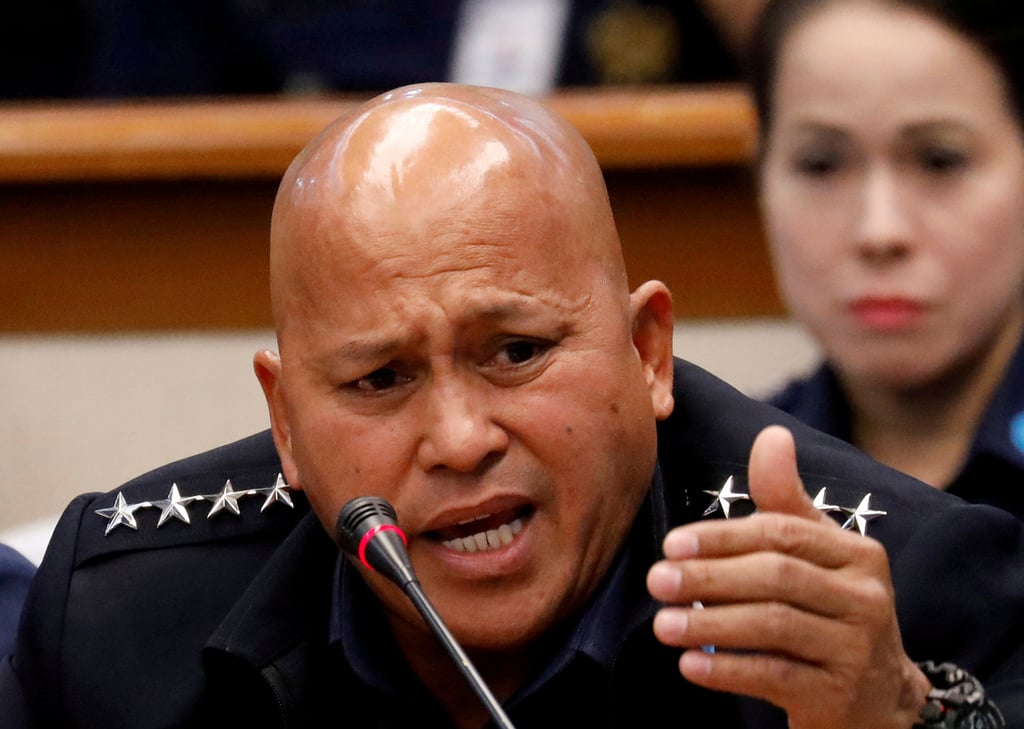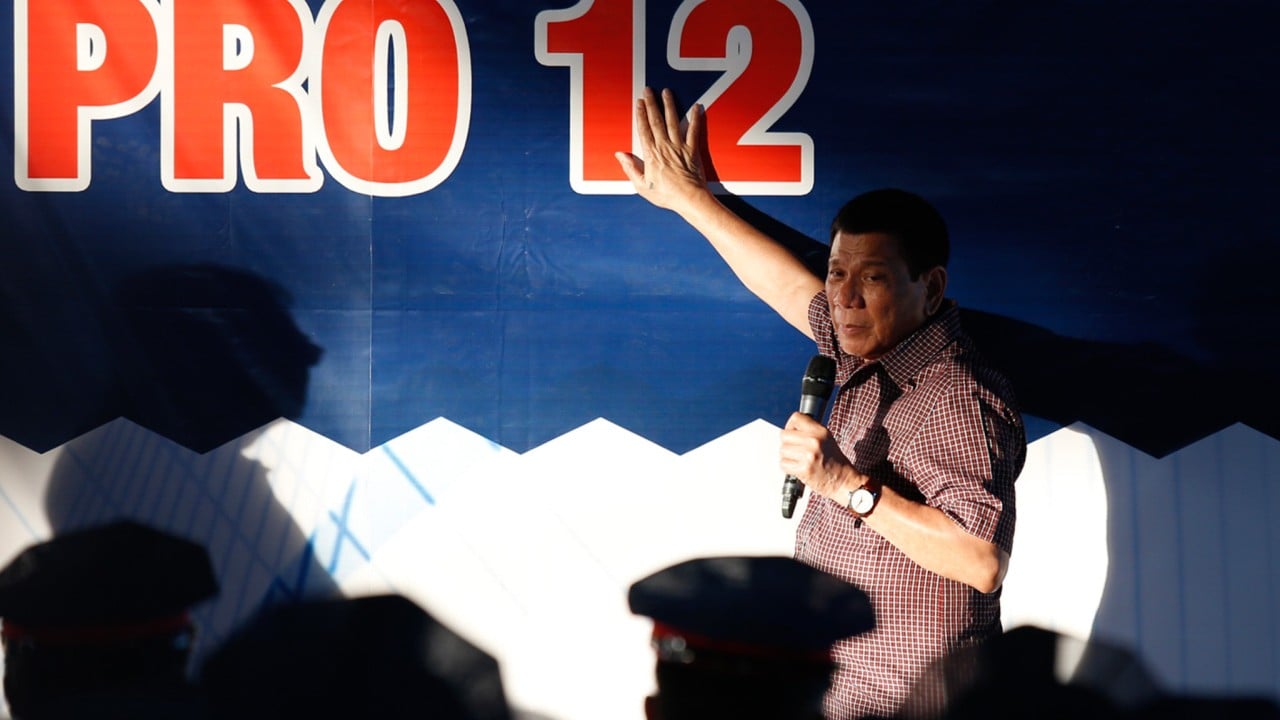While the Philippines is not expected to grant a formal request by an international court to help in an investigation into a deadly war on drugs waged by former president Rodrigo Duterte, the Philippine government under his successor Ferdinand Marcos Jnr will not block prosecutors from The Hague if they enter the country to conduct their own probe, according to a senior official.
Solicitor General Menardo Guevarra late on Monday confirmed that the International Criminal Court (ICC) had formally asked Manila for help in the proceedings, but Marcos Jnr had not replied.
Guevarra, who also served as Duterte’s justice secretary, told local media he was setting the record straight after former senator Antonio Trillanes IV leaked on social media platform X a redacted copy of a document purportedly coming from the ICC prosecutor asking the government’s help to “interview” five former and active Philippine National Police (PNP) officials on their role in the drug war which reportedly claimed thousands of lives.
“Yes, there is communication, there is a request from the ICC prosecutor [for] assistance from the Philippine government to facilitate the interview of five individuals,” he said, confirming the request was relayed by the ICC prosecutor in early July through the Department of Foreign Affairs.
He explained that the move by the Office of the Prosecutor marked a step just before a potential issuance of warrants of arrest.

Guevarra also said he was not privy to the decision of the Marcos government on the matter, but given previous pronouncements that the Philippines had “no legal duty to cooperate or to lend assistance, then probably the answer is negative”.
While the president’s office had final say on the matter, Guevarra noted that the ICC prosecutor could still continue his investigation. “He can interview these five people directly. All that we are saying is the government will not be involved,” he said.
Trillanes told This Week in Asia on Tuesday that Duterte was marked “principal suspect” in the case when the ICC prosecutor’s office signalled its intention to start investigations, adding that the five former officers “are actually the secondary layer of suspects after Duterte”.
The five suspects, named in Trillanes’ shared document online, are: Senator Ronald “Bato” dela Rosa, Duterte’s PNP director general who first implemented the drug war; retired PNP director general Oscar Albayalde who took over dela Rosa and continued the drug war; Major General Romeo Caramat, Jnr, then chief of the PNP Criminal Investigation and Detection Group; Edilberto Leonardo, a retired police official who was then a commissioner of the National Police Commission which supported the drug war; and PNP Brigadier General Eleazar Mata, identified by the ICC as PNP’s former chief intelligence officer and currently the director of the PNP Drug Enforcement Group.
Only dela Rosa has reacted to Trillanes’ leak, calling it a “broken record” as his name had been mentioned “since 2016”.
In January, dela Rosa also said Marcos Jnr should be “man enough to say you want us jailed”.

Speculation has been rife that blocking the ICC case against Duterte was part of the political deal between Marcos Jnr and Vice-President Sara Duterte-Carpio – daughter of Rodrigo Duterte – when the latter agreed to be the president’s running mate instead of vying for the top post in 2022. Neither party has confirmed such a deal.
However, last November, Duterte-Carpio, a lawyer, issued a statement against allowing ICC officials into the country. Without referring to her father’s case, she said: “Let’s not insult and shame our courts by showing the world that we believe only foreigners have the competence to give justice in our own country.”
The Office of the Prosecutor first opened a “preliminary examination” of the drug war in February 2018. Weeks later on March 17, 2018, Duterte formally told the UN the Philippines was withdrawing its accession to the Rome Statute which had created the ICC.
The withdrawal took effect a year later. This meant that only the drug war killings that occurred from November 1, 2011 to March 16, 2019 could be investigated. This period includes Duterte’s stint as Davao City mayor when he had also implemented a violent drug war in his jurisdiction.
The Duterte government formally questioned the legal jurisdiction of the ICC and later asked it to defer any investigation since Philippine authorities had started their own probe.
On January 26, 2023, however, a pre-trial chamber of the ICC approved the resumption of the probe, saying authorities had failed to do what they had promised. The Marcos government appealed against this on February 3 and it is still pending.


